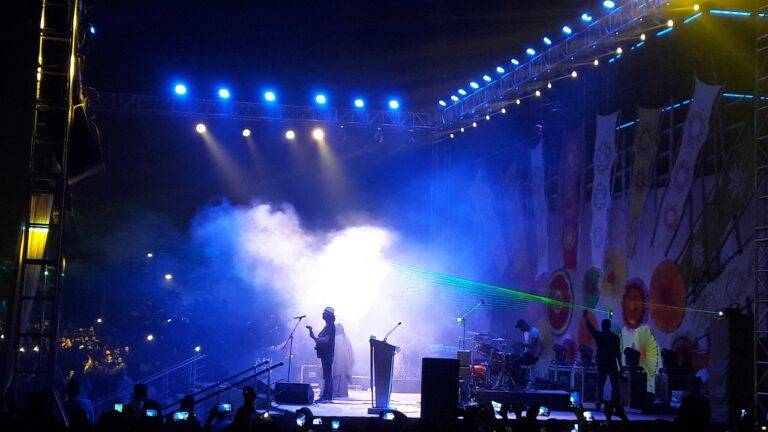The Influence of Fake News on Voter Perception
Misinformation in the media is a growing concern in today’s digital age. With the rise of social media platforms and the speed at which information is shared, false or misleading content can quickly spread like wildfire. This can lead to confusion, division, and even harm as individuals may make decisions based on inaccurate information.
In this age of information overload, it is vital for consumers to be discerning and critical of the news they encounter. Fact-checking and verifying sources are essential practices to combat the dissemination of misinformation. With the potential for falsehoods to sway public opinion and influence political discourse, the responsibility falls on both media outlets and individuals to uphold the integrity of information shared in the digital sphere.
The Impact of False Information on Political Beliefs
False information in the media can have a significant impact on individuals’ political beliefs. When people are exposed to inaccurate or misleading information, it can skew their perceptions of reality and shape their views on political issues. This misinformation can reinforce existing biases and create divisions among different groups in society.
Furthermore, false information can lead to the spread of conspiracy theories and reinforce distrust in mainstream sources of news and information. This erosion of trust can have long-lasting effects on political discourse and decision-making processes. In an era where information is easily manipulated and disseminated through various channels, it is crucial for individuals to critically evaluate the sources of information they encounter and strive for accuracy in their understanding of political issues.
How does misinformation spread in the media?
Misinformation can spread in the media through various channels such as social media, news outlets, and online platforms where false information can easily be shared and circulated.
What are some examples of false information affecting political beliefs?
False information can include misleading statistics, fabricated stories, and manipulated images or videos that can sway individuals’ political beliefs and opinions.
How does false information impact political beliefs?
False information can significantly impact political beliefs by influencing individuals to make decisions based on inaccurate or misleading information, leading to a distortion of the truth and potentially harming democratic processes.
What can individuals do to combat false information in the media?
Individuals can combat false information by fact-checking sources, critically analyzing information before sharing it, and being aware of the potential biases present in the media they consume.
How can the spread of false information be minimized?
The spread of false information can be minimized by promoting media literacy, implementing technology solutions to detect and flag misinformation, and holding media outlets accountable for spreading false information.





